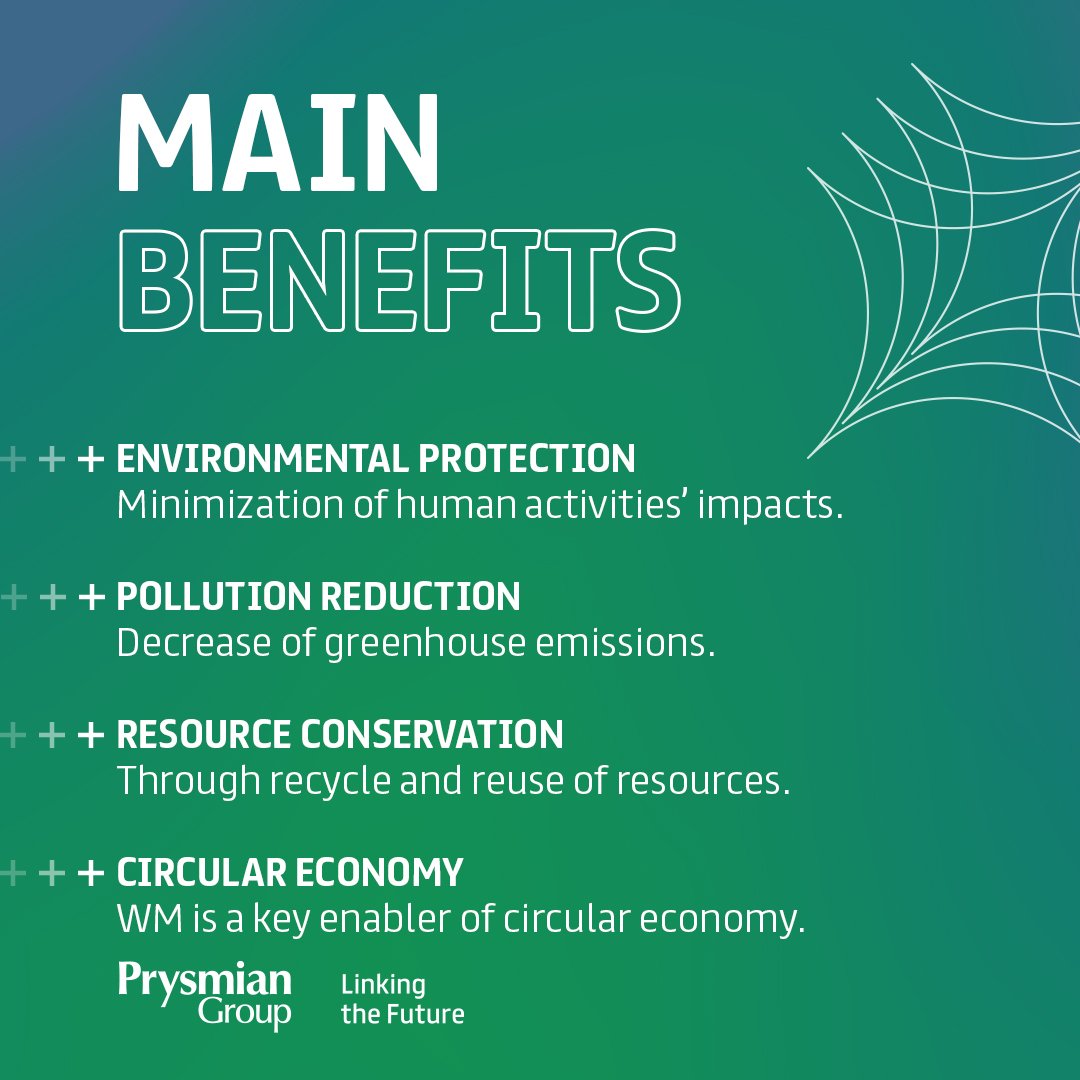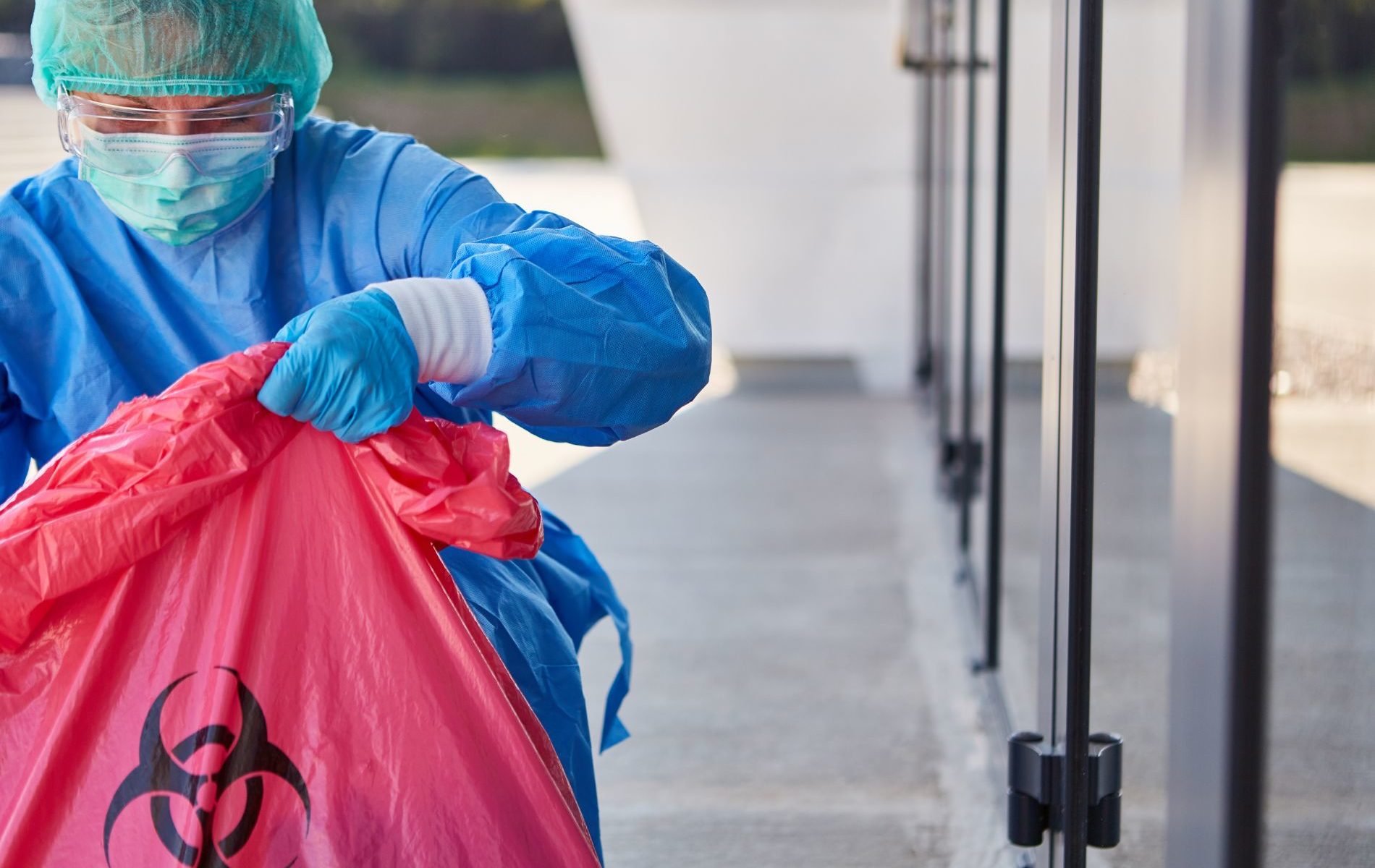The Greatest Guide To Reclaim Waste
The Greatest Guide To Reclaim Waste
Blog Article
Getting The Reclaim Waste To Work
Table of ContentsReclaim Waste for BeginnersReclaim Waste Fundamentals ExplainedHow Reclaim Waste can Save You Time, Stress, and Money.The Greatest Guide To Reclaim WasteThe Best Strategy To Use For Reclaim Waste
Explore the kinds, incidents, and forms of fluid waste. Residential sewage waste describes the waste and products from a domestic septic system. This kind of waste is developed by people in homes, institutions, and other structures. This only includes septic systems that have a drain area. The proper administration and disposal of domestic sewage waste call for liquid waste to be moved to a sewage therapy plant where the proper approaches and devices are applied to purify and dispose of waste.
Business waste commonly includes possible risks, such as combustible products or a mixture of liquid and strong waste products, and requires a much more sophisticated and in-depth disposal process. The disposal of industrial waste typically involves the filtering of waste prior to transportation to make sure risk-free and correct disposal. Industrial waste is created from by-products and overflow of industrial procedures and manufacturing.
This sort of waste can not make use of the same sewage administration transport or procedures as septic or business fluids. The hazardous waste monitoring procedure calls for the inspection and testing of liquid waste prior to it undergoes the disposal procedure (liquid waste removal). Overflow waste is the fluid waste that originates from drainage and excess stormwater in very booming areas or cities
Runoff waste can trigger contamination and flooding otherwise handled appropriately. Find out more about sewer cleansing and waste monitoring. Ensuring proper waste administration can avoid catastrophes and lower ecological harm. Both individuals in residential setups and specialists in industrial or production industries can gain from comprehending the processes and regulations of fluid waste administration.
Things about Reclaim Waste
Call PROS Services today to find out about our waste administration and disposal solutions and the proper methods to care for the liquid waste you generate.
(https://allmyfaves.com/reclaimwaste1?tab=Reclaim%20Waste)This so-called 'wastewater' is not just a crucial resource yet, after therapy, will be launched to our land, waterways or the sea. Utilized water from commodes, showers, baths, kitchen sinks, washings and commercial processes is understood as wastewater.

water used to cool down equipment or clean plant and devices). Stormwater, a form of wastewater, is overflow that moves from agricultural and content metropolitan locations such as roofs, parks, yards, roads, paths and seamless gutters right into stormwater drains pipes, after rain. Stormwater streams untreated straight to local creeks or rivers, ultimately reaching the sea.
Some Known Incorrect Statements About Reclaim Waste
In Queensland, a lot of wastewater is dealt with at sewage therapy plants. Wastewater is transported from domestic or commercial websites through a system of sewers and pump terminals, recognized as sewerage reticulation, to a sewage therapy plant.
The Division of Natural Resources encourages city governments about managing, operating and maintaining sewage systems and therapy plants. In unsewered areas, city governments might require owners to mount private or household sewer treatment systems to treat residential wastewater from bathrooms, kitchens, bathrooms and washings. The Department of Natural Resources authorises the usage of home systems when they are proven to be reliable.
In some brand-new subdivisions, therapy of some stormwater to remove trash, sand and crushed rock has started using gross contaminant catches. Wastewater treatment takes place in four phases: Removes solid issue.
Uses small living microorganisms recognizes as micro-organisms to break down and eliminate continuing to be liquified wastes and great particles. Micro-organisms and wastes are incorporated in the sludge.
How Reclaim Waste can Save You Time, Stress, and Money.
Nutrient elimination is not readily available in all sewer therapy plants due to the fact that it calls for pricey specialised equipment. It is becoming more common in Queensland. Clear fluid effluent generated after therapy might still have disease-causing micro-organisms. If this effluent is launched right into waterways such as rivers or the sea, the micro-organisms will ultimately pass away out.

This generally suggests wastewater has actually to be treated or contaminants gotten rid of prior to it can be released to rivers. Most wastewater streams into the sewage system. Under the Act, city governments carry out authorizations and licences for eco appropriate activities (Ages) involving wastewater launches that might have a neighborhood impact. The division provides authorizations and licences to Periods involving wastewater launches that might have a local or statewide impact.
Indicators on Reclaim Waste You Need To Know
Otherwise, samples are taken for research laboratory analysis. Commonly many tests are required to develop the levels of each of the different toxins such as oils, heavy steels and pesticides in water. Tracking provides accurate information regarding water quality and can confirm that licence conditions are being satisfied. The info acquired via surveillance provides the basis for making water quality choices.
Report this page